Menu
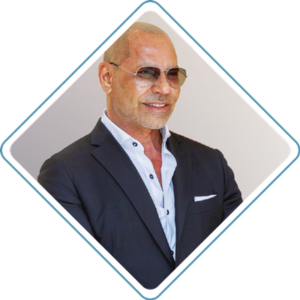
For the third consecutive year we are publishing our Sustainability Report with due consideration for the rapidly changing and increasingly complex geopolitical context.
The textile sector is facing ever more demanding sustainability challenges, both environmental and social. In 2023 in this scenario, thanks to constant innovation and evolution to improve, our Group has reaffirmed itself as one of the most active national and international players in leading the way towards ever greater responsibility in the Technical Textile sector.
An evolution that we share in this Sustainability Report in order to make a difference, without waiting for the Corporate Sustainability Reporting Directive (CSRD) obligations, to which we will be subject, and which we want to communicate transparently in a proactive manner right from the start.
This commitment is proven first and foremost by the safeguards, strengthened over the years – above all the Code of Ethics, present in the Group companies – that are based on merit and on the prevention
of discrimination, the selection of candidates, the management of employees and policies to foster talent by developing skills and professionalism.
Furthermore, we continued to strengthen sustainability governance, appointing a Sustainability Committee to oversee these issues, as a strategic measure to achieve our goals.
The Sustainability Committee has played a key role in supporting ESG efforts and driving the cultural transition within the Group, starting to successfully implement our sustainability policy.
To ensure an even more structured approach, since 2022 the parent company has voluntarily adhered to the UN Global Compact and the subsidiaries Nylon Knitting Ltd. and Accoppiatura di Asolo S.p.A. have adopted its 10 Principles. In the same spirit, in 2023 Sitip S.p.A. obtained SA8000 social certification, the most authoritative standard for protecting workers’ health, safety and rights within the company but also along the entire supply chain, also considering the workers of our suppliers.
With regard to environmental sustainability, the Group focuses on and is committed to a circular economy approach, spanning from ecodesign to cutting-edge technologies such as NATIVE Sustainable Textiles, applied to a wide range of fabrics produced in Italy with recycled yarns and low-impact chemicals. On this front other key roles are played by the collaborative networks, such as Sistema Moda Italia, a reference hub for Italian textiles, and the Retex.Green Consortium for textile waste management, of which Sitip is a founding member.
At Sitip, we are also frontrunners in containing energy consumption and mitigating greenhouse gas emissions, using technologies such as photovoltaics and cogeneration. A further important step in this direction is the calculation of Sitip S.p.A.’s carbon footprint.
The results presented in this Report, the first to be drafted using the European Reporting Standards ESRS metrics, are not the finishing line for us, but the starting point. There is still a lot of work to be
done so that we can continue contributing to inclusive and articipatory growth, together with all stakeholders and civil society.
For now, we wish you an enjoyable read, trusting that the transparent sharing of our commitment will also be a source of inspiration for our stakeholders, heightening their sense of responsibility towards people and the planet.
CEO
Giancarlo Pezzoli
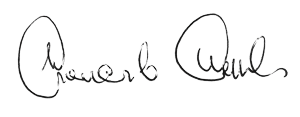










“
The deep love for our Work.
Our trust in man and his abilities.
The strength of our ideas and the courage
to bring them to life.
The optimism that helps us to always give our best.Luigi Pezzoli
Sequence of operations required to transform textile fibres into yarn
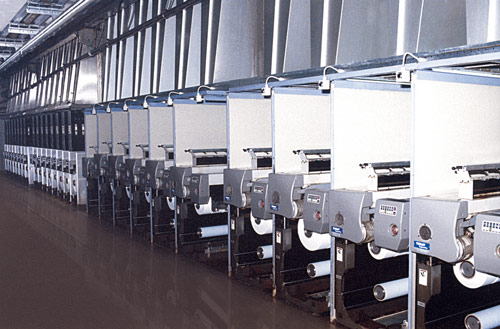


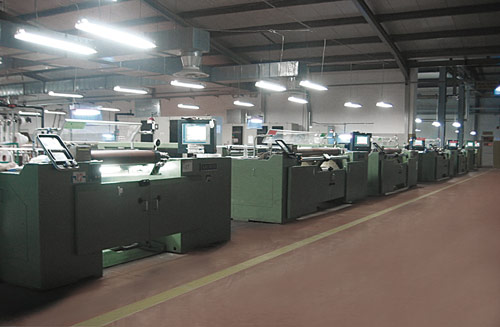
Arranging threads in parallel (the warp) using a machine called a warper
transforming the warp into fabric by weaving it with a continuous thread (weft)
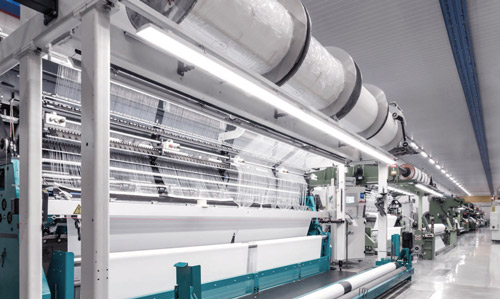


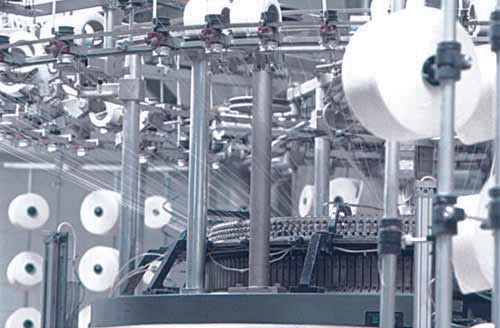
Transforming the warp into fabric with a characteristic circular shape
Preparing the raw textile for dyeing and finishing
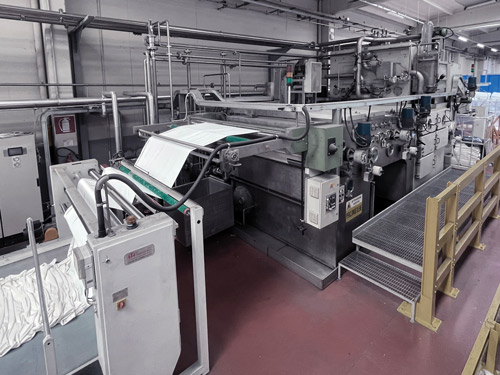


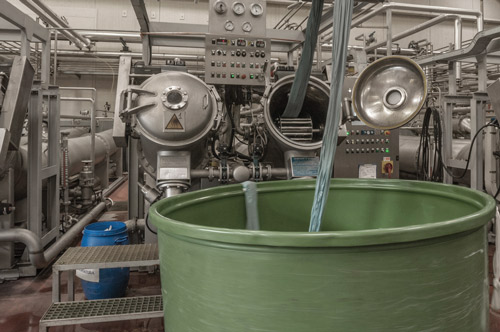
Method where the fabric passes continuously through the dye bath
Method where the fabric remains stationary while the dye bath circulates
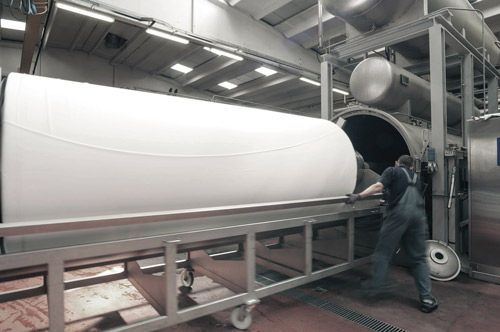


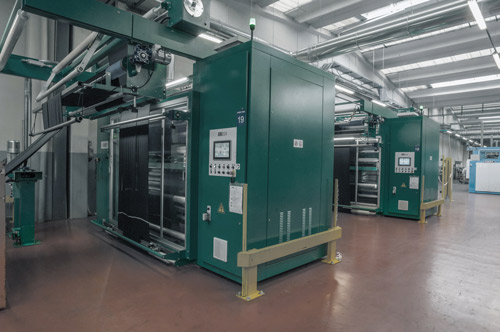
Finishing operation that raises the fabric to create a ‘napped’ effect
Finishing process consisting of cutting the fluff on the finished pieces
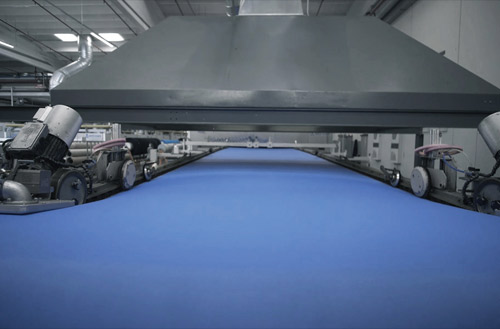


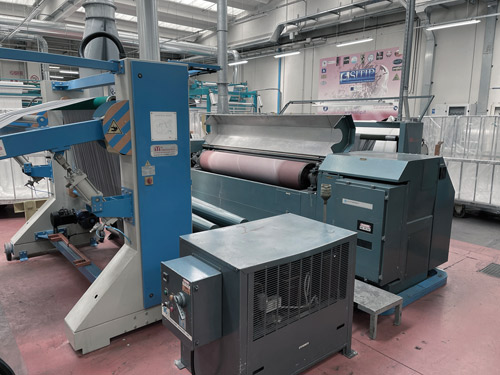
Finishing operation consisting of sanding the surface to achieve a peach-skin effect
Finishing treatments to improve the characteristics of a fabric
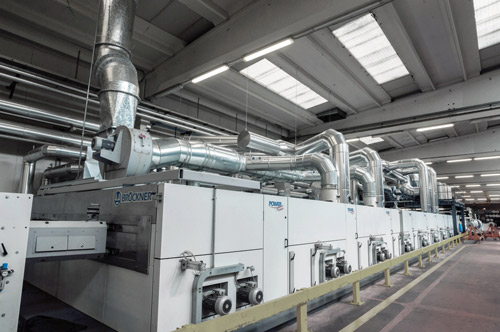


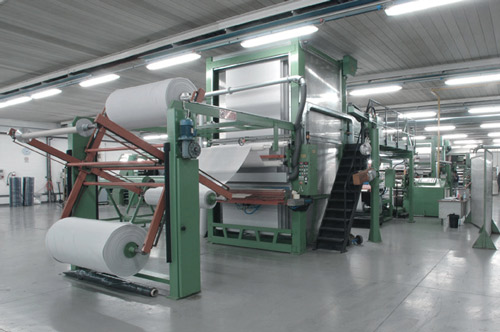
Process that bonds a synthetic-based foam with various types of fabric
Lamination by spreading glue on one of the substrates
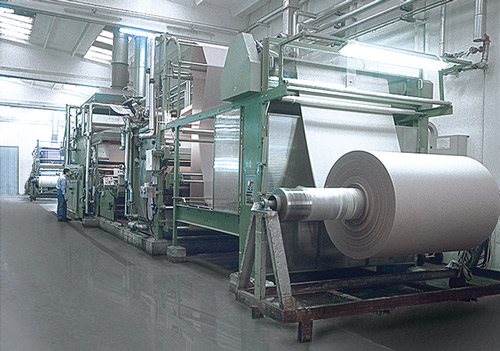


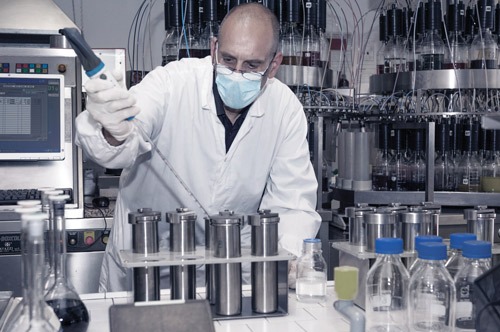
Set of checks on performance and compliance with requirements
Quality control and packaging
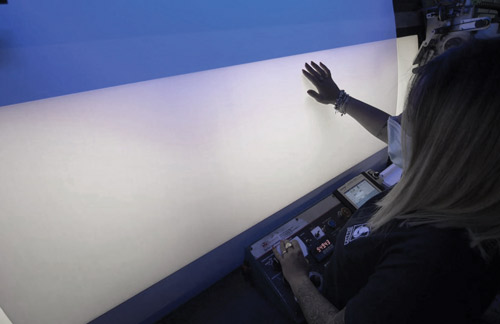
Sitip’s mission is to offer a diversified range of high-tech textile solutions, to meet the various needs of the industrial and clothing sectors, striving to achieve increasingly sustainable production.
Thanks to a customized service and an extremely flexible production model, Sitip’s mission is to achieve the highest quality standards at all levels: from production plants to production techniques, from the supply chain to relations with all stakeholders.
Sitip pays constant attention to ethical and social aspects in its relations with internal and external stakeholders.
At social level, the goal is equity and the creation of decent work by developing the skills and professionalism of human resources at all levels of the organisation. The company also promotes ethical and transparent relations between the various company areas and with the outside world by complying with the code of conduct inspired by the 10 principles of the UN Global Compact (see below) and by using tools such as continuous training, motivation, fair wage policy, inclusion and support for the weakest, health and safety policies.
Sitip’s commitment to sustainable development is embodied in its application of processes to ensure environmental protection, and adoption of a circular business model. To this end, the company operates in compliance with the most prestigious international certifications and initiatives (see below).
The Group specifically refers to the SDGs as guiding principles for its actions and is committed to pursuing over time the goals that are most in line with its potential to make a positive impact (see computer graphics).
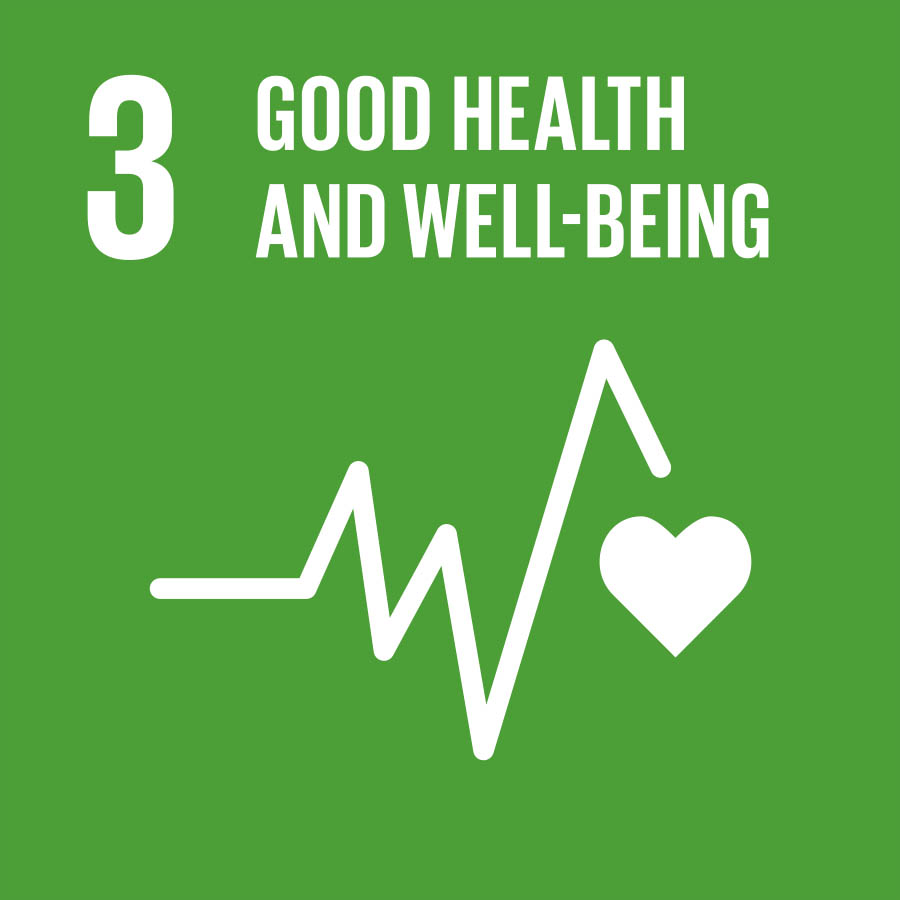
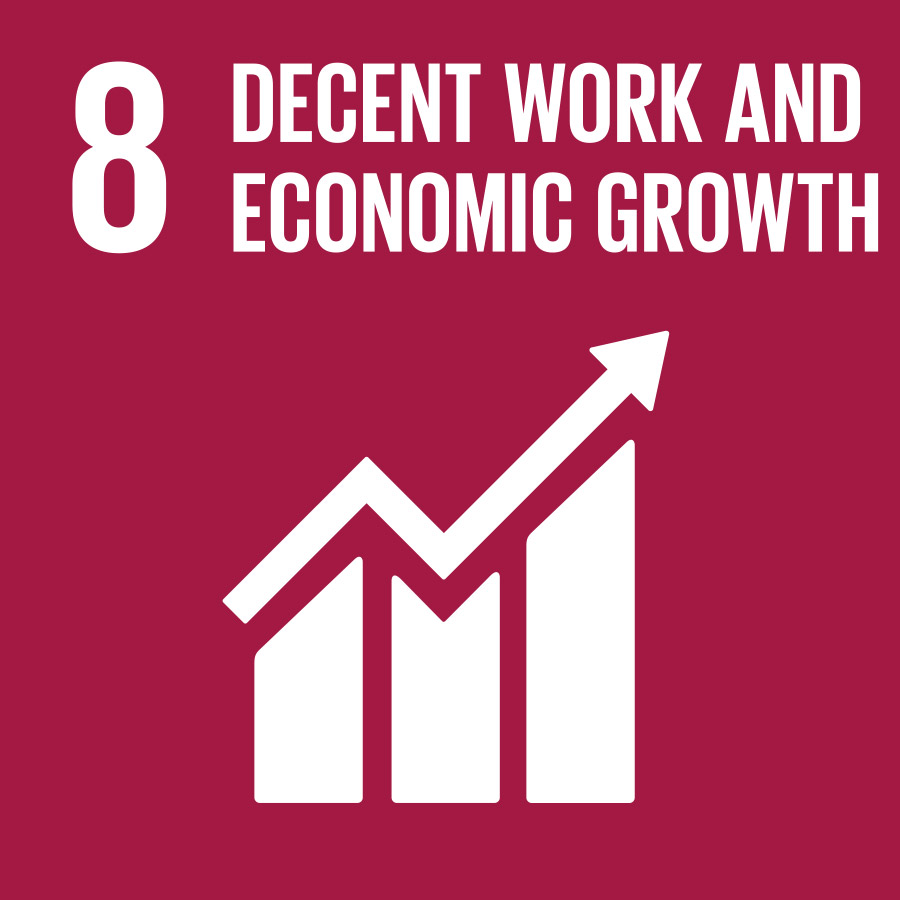
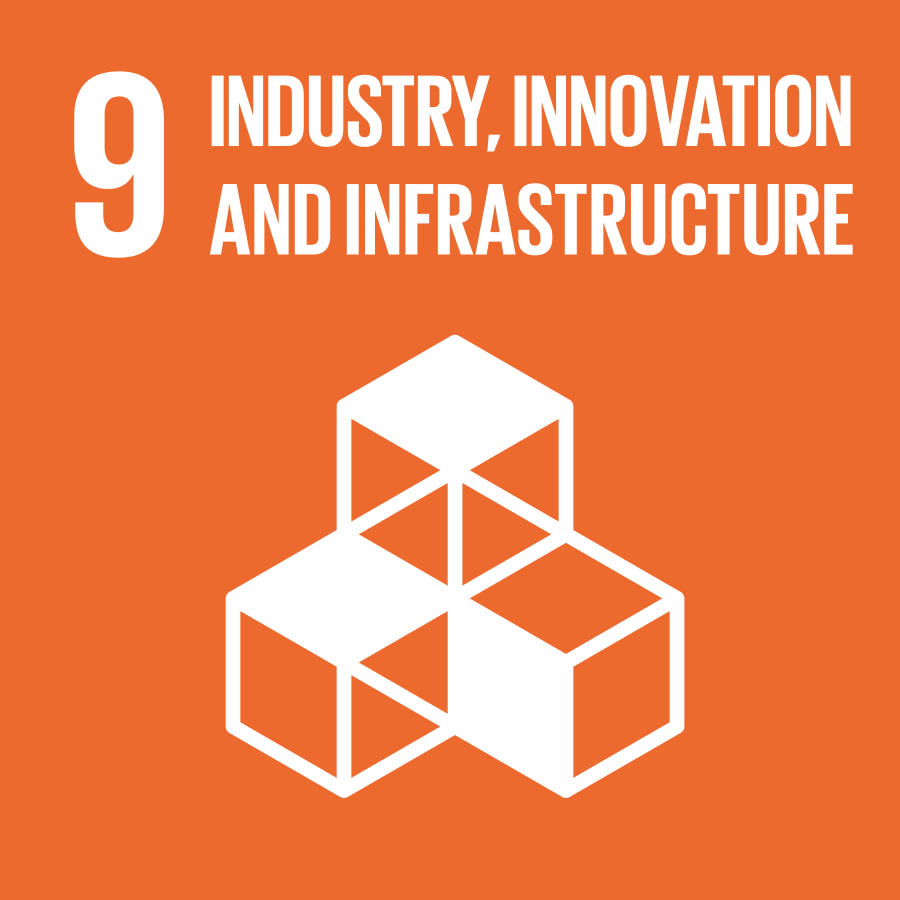
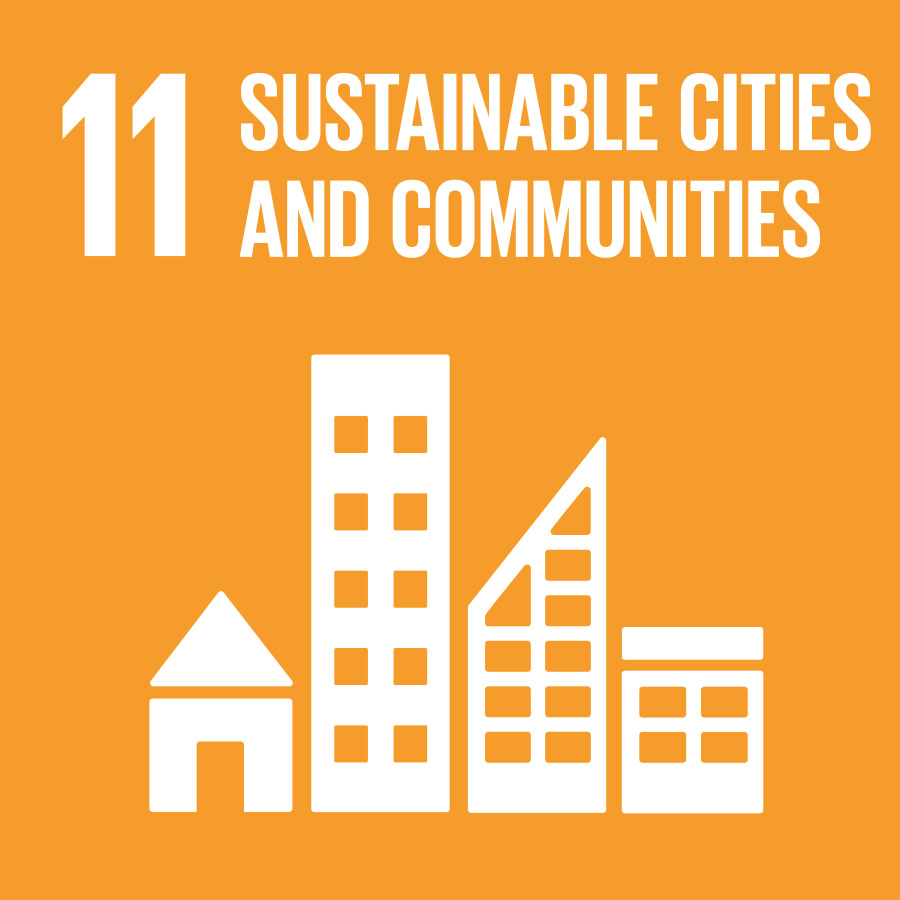

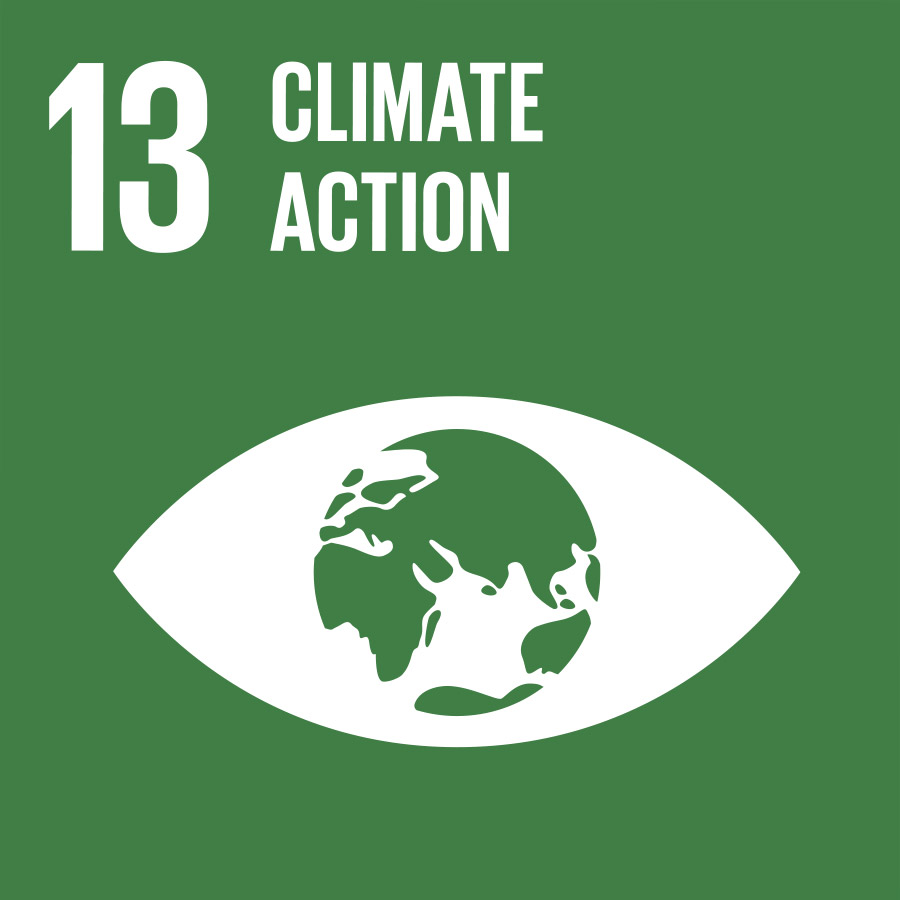
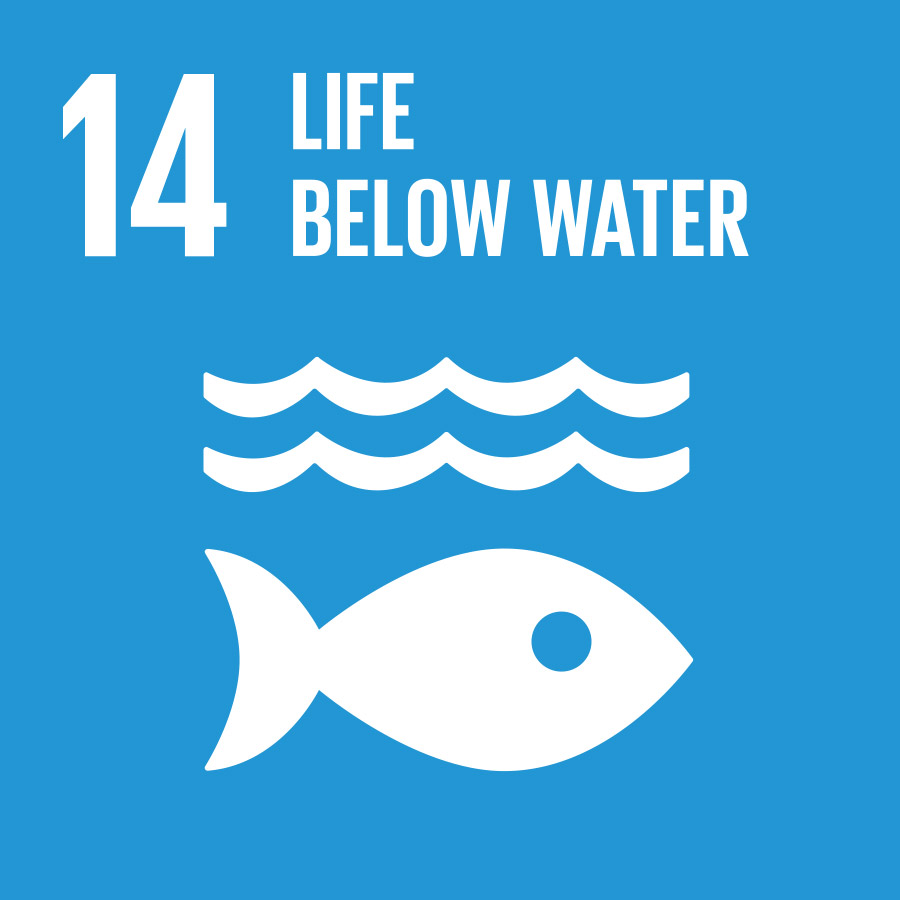
Sitip’s high level of integration makes it unique in Europe. Thanks to synergies with its subsidiaries Nylon Knitting and Accoppiatura di Asolo, Sitip is able to monitor every stage of processing, from spinning to the finished fabric.
Sitip’s specialized, flexible production process means it can effectively meet the most diverse market requirements.
The Sitip Group believes in a proactive, collaborative and respectful demeanour with all its stakeholders. This approach forms the basis for economic and sustainable long-term success.
It is crucial to understand the expectations and views of internal and external stakeholders in order to anticipate their interests.
The Group’s governance is based on the principles of integrity, transparency and fairness and plays a fundamental role in the company’s operating model, allowing the definition of clear rules on the implementation of strategic guidelines and the monitoring of ESG impacts, risks and opportunities.
UN Global Compact
Carbon Neutrality di Alcantara S.p.A.

The Group supplies both national and international markets, thanks also to the presence of agents in the territory, e.g. in Europe, Asia or America. The customer can therefore count on direct and personal contact with the company.
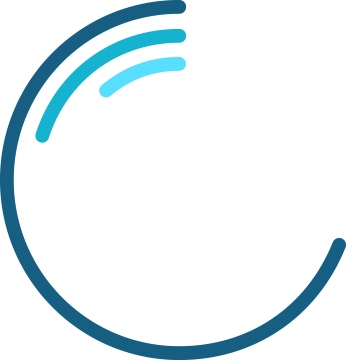
69%
20%
11%
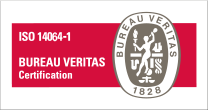
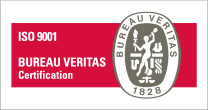
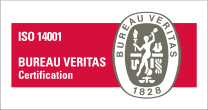
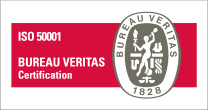
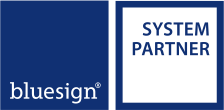
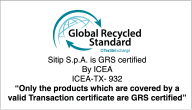
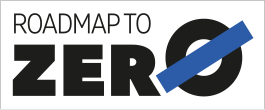

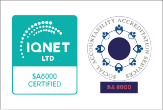
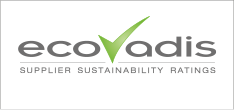
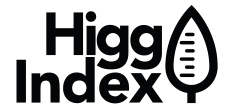
• ISO 14001


• ISO 50001


• ISO 14064







• Registration on the ZDHC platform



• Use of recycled yarn for the production of new fabrics applicable in various sectors, such as Colorado Seaqual®.







• UN GLOBAL COMPACT



Extension of SA8000 certification to all Group Companies by the end of 2025
Expansion of photovoltaic systems at Sitip SpA by approximately 1 MWh.
Extension of ISO 14064/GHG Protocol to all Group companies by the end of 2026
Planned construction in 2025 of a wastewater treatment plant to remove over 2,000 m3 of pollutant loads per day.
Sitip has voluntarily adhered to the UN Global Compact, which sets out ten principles.
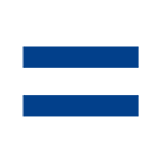
Businesses should support and respect the protection of internationally proclaimed human rights
They should make sure that they are not complicit in human rights abuses
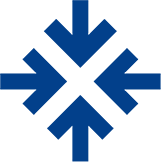
Businesses should uphold the freedom of association and the effective recognition of the right to collective bargaining
They should eliminate all forms of forced and compulsory labour
They should effectively abolish child labour
They should eliminate discrimination in respect of employment and occupation
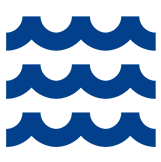
Businesses should support a precautionary approach to environmental challenges
They should undertake initiatives to promote greater environmental responsibility
They should encourage the development and diffusion of environmentally friendly technologies
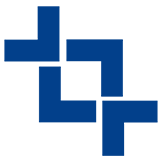
Businesses should work against corruption in all its forms, including extortion and bribery
“
Coming together is the beginning;
keeping together is progress;
working together is success.Henry Ford

Compliance with the requirements of the SA 8000 standard is the result of a systematic and punctual commitment that Sitip has been pursuing for several years, with the aim of:
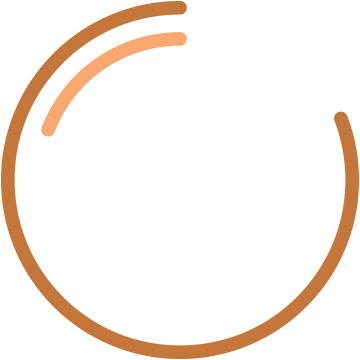
129
Men
531
The number of female employees has remained the same as in 2022. This disparity is easily explained by the nature of the Group’s production activity which, in keeping with what is generally the case in the industry for this type of work, employs mainly male workers.
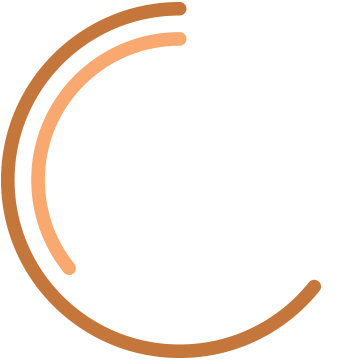
424
Foreign countries
233
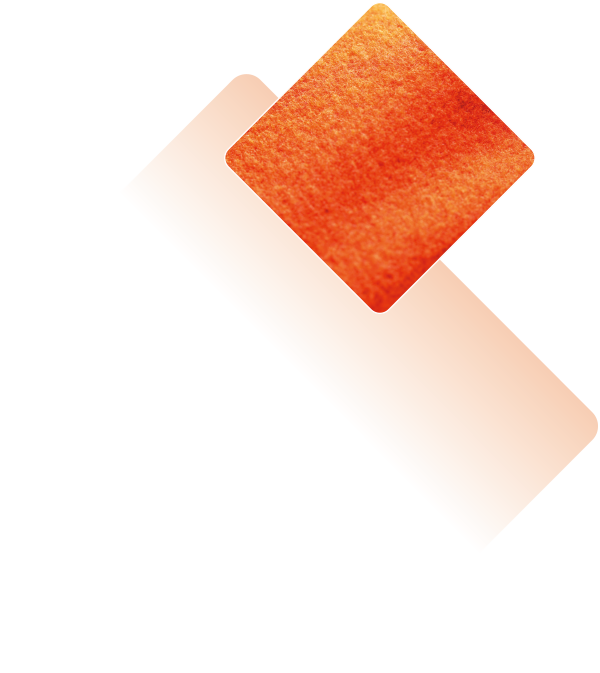
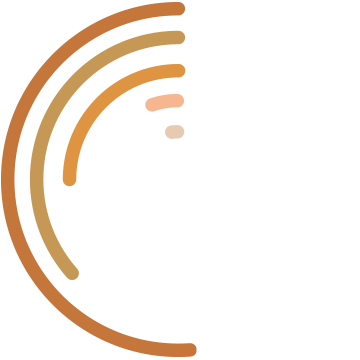
3.733
2.624
474
380
119
Among others, employees have access to these documents which help implement and monitor safety:


SITIP Group research strives to promote new products and applications in collaboration with customers and suppliers. A key component of product innovation is the focus on using yarns and raw materials with reduced or lower environmental impact. This research has led to the development of NATIVE Sustainable Textiles, a technology that is applied to fabrics made from recycled yarns and chemicals with a low environmental impact.
The eco-friendly products are OEKO-TEX® Standard 100, BLUESIGN® and GRS certified. Sustainable fabrics are available in the BLIZZARD Thermal Comfort, COSMOPOLITAN Fashion-Tech, SPORTAGE White Opacity, THUNDERBIKE POWER Stretch&Shield product lines.

In line with the technical standards of the adopted certification schemes, suppliers are carefully selected in order to encourage and guarantee high product traceability. For example, GRS certification guarantees that products are made with recycled materials, in accordance with environmental and social criteria applied in all stages of production, including the traceability of the raw materials used. Further information can be found in chapter 1.3.2 Quality, innovation and sustainability cornerstones of the strategy.
Operating on a B2B market (see par. 3.3.1 A strategy that is all about quality), the Group protects the health and safety of its end customers mainly through the guarantees represented by product certifications according to specific international standards, such as OEKO-TEX® Standard 100 (SITIP SpA and Nylon Knitting Ltd) or Bluesign® (Sitip SpA only), throughout the entire product life cycle.
More specifically, from the earliest stages of the production chain, Sitip takes great care to prefer the purchase of local or European raw materials, operating in full compliance with national and international regulations. In the procurement phase, it works with suppliers to define the requirements of raw materials with reference to the standards and certifications to be met.
The OEKO-TEX® Standard 100 allows each certified product to carry the Confidence in textiles label, which guarantees the end user that the purchased product was manufactured using environmentally friendly processes and tested for harmful substances.

“
Caring for the environment means an attitude of human ecology. In other words, we cannot say: the person and Creation, the environment, are two separate entities. Ecology is total, it is human. You cannot separate humanity from the rest; there is a relationship of mutual impact, both of the environment on the person, and of the person in the way he treats the environment; and also the rebound effect when the environment is abused.
Papa Francesco
Due to the very nature of its activities, the Sitip Group is aware that it is energy intensive (with specific regard to Sitip SpA and Nylon Knitting): in order to guarantee a high quality product, the spinning, warping, weaving, dyeing, finishing and laminating processes require high energy consumption.
Energy efficiency is therefore a major issue for the Group. As early as 2014, the Sitip parent company started implementing a consumption monitoring system to report on energy saving projects and obtain the ‘White Certificates’ issued by GSE (the Italian energy services company). Over the following years, Sitip SpA and Nylon Knitting Ltd consolidated an approach to energy efficiency management based on concrete actions, implemented within the framework of the ISO 50001 certification, obtained in 2022 by Sitip SpA and in 2023 by Nylon Knitting.
White certificates are tradable certificates certifying the achievement of savings in energy end-use through actions and projects to increase energy efficiency. One certificate is equivalent to saving one Tonne of Oil Equivalent (TOE). GSE awards a certificate for each TOE of savings achieved. On GSE’s instructions, the certificates are then issued by GME (the Italian energy market operation) on special accounts.
White certificates can be traded and valued on the market platform operated by GME, or through bilateral trading. To enable trading, all entities admitted to the mechanism are entered in GME’s Electronic Register of Energy Efficiency Certificates.
Also called Energy Efficiency Certificates (EEC), white certificates are the main incentive mechanism for energy efficiency in industry, grid infrastructure, services and transport, but also cover actions taken in the civil sector and behavioural measures.

In June 2018, it installed a natural gas cogeneration plant with a capacity of 1.5 MW. The electricity produced supplements the energy purchased from the grid, generating steam and hot water as by-products used in the production process (dyeing and washing) and for heating spaces.
A 1 MW photovoltaic plant was installed in 2022, brought on stream in 2023, and capable of generating approximately 1,000 MWh per year with a planned expansion to approximately 2 MWh by 2025.
Since 2022, it buys 100% renewable energy with Guarantees of Origin. This makes it possible to deal more effectively with cost volatility and to significantly reduce climate-changing emissions.
The company installed a photovoltaic system that produced 193 MWh of electricity in 2023.
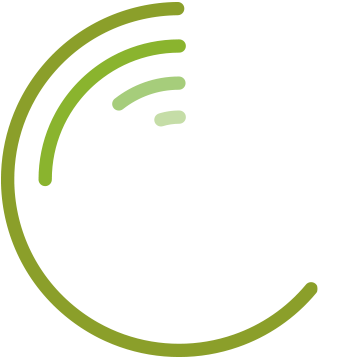
59,56%
23,50%
11,91%
5,03%


The main pollution phenomena other than greenhouse gas emission concern the emission of other atmospheric pollutants for all Group companies, while for Sitip SpA and Nylon Knitting Ltd only, they also concern the production of industrial waste and phenomena of potential soil pollution linked to the use of chemical products. These aspects are at the heart of the issues managed by the ISO 14001 certified Environmental Management System of Sitip SpA and Accoppiatura Asolo SpA.
At regulatory level, Sitip SpA complies with the requirements stated in the Integrated Environmental Authorisation received, while Accoppiatura Asolo refers to the Atmospheric Emissions Authorisation.
More specifically, Sitip SpA has worked to compile a detailed mapping and analysis of the company’s processes and operations that generate emissions and industrial waste, and of the chemicals used.
Sustainability efforts are also embodied in the constant search for and implementation of the best industrial practices for minimising emissions, or the best technologies for reducing pollutants.
This analysis made it was possible to determine the possible risks of water pollution and to define the measures to be implemented to minimise its impact.
Training and drills for the immediate management of chemical spills
the Sitip Group pays special attention to the potential negative impacts on the economy and on people caused by water withdrawals. If not properly managed, withdrawals can lead to impoverishment due to overexploitation of aquifers and surface water basins, making it more difficult to find water resources. With regard to the company’s operating activity, in the long term this could also lead to insufficient availability of water resources to meet the company’s needs, and possible prolonged production stoppages.
The World Resources Institute defines water stress as the ratio of water demand to renewable supply of surface and groundwater. Water stress can therefore refer to the availability, quality or accessibility of water. It can be measured at watershed level and is based on elements such as the potability of water or accessibility requirements for ecosystems. A water stressed area is therefore an area considered particularly sensitive with respect to the ability or inability to meet the human and ecological water demand.
To identify the water-stressed areas where the Group is present, the World Resource Institute‘s Water Risk Atlas was consulted, as it provides a complete overview, drawing from a highly granular database, and gives access to hydrological models aligned with the analyses of the most recent Assessment Reports of the Intergovernmental Panel on Climate Change (IPCC). An analysis of the document showed that the regions of Veneto (Italy) and Nofsinhar (Malta) are subject to water stress, while, as already mentioned, in Italy most of the water is withdrawn by the parent company in Lombardy.

“
When there is trust first, there will results later
Jurgen Appelo
The Group is committed to building day-by-day a corporate culture based on awareness of values such as integrity and transparency and on adoption of virtuous behaviour, also by defining precise internal rules and controls to prevent incidents of corruption and non-compliance with regulations in force in the various jurisdictions in which it operates.
This commitment was consolidated in 2022 when the parent company Sitip S.p.A. adhered to the UN Global Compact of the United Nations with a special focus on the prevention of corruption, as set out in Principle 10. More specifically, this Principle requires participants not only to avoid corruption in all forms, but also to develop strong policies and concrete programmes to prevent it.
The goal for companies is therefore to actively contribute, working with governments, UN agencies and civil society, to a more transparent world economy.
In addition to the whistleblowing channel set up in the parent company’s Management System, all three companies already have a Suggestion Box: a more informal channel of communication to bring out ideas, difficulties and possible improvements.
The aim is to engage all staff in continuous improvement by fostering collaboration and communication between employees and management by means of written suggestions on topics such as services, productivity and quality, use of materials and machinery, work safety, energy efficiency, environmental and social aspects.
The spirit of the Suggestion Box therefore fits perfectly into the Group’s corporate culture, which sets listening to employees as one of its core values. Thanks to the suggestion box, workers can feel freer to report, for instance, that they believe that one or more points of the SA 8000 standard have not been applied, or have been incorrectly applied.

Sitip S.p.A.
Via Vall’Alta, 13
24020 – Cene (BG) Italy
Tel. +39 035 736511
Fax +39 035 719003
E-mail: info@sitip.it
Headquarters
Via Vall’Alta, 13
24020 – Cene (BG) – Italy
Bergamo Company Registration
Fiscal code and VAT number IT002285301
REA number 105522
Share Capital € 12,000,000, fully paid up
Production Plant
Via Caduti, 32
24020 – Cene (BG) – Italy
Before entering your personal data, please read our privacy policy and give your consent to the processing of your data.
Follow us
© SITIP S.p.A. | Privacy & Social Media Policy | Cookie Policy | Whistleblowing |